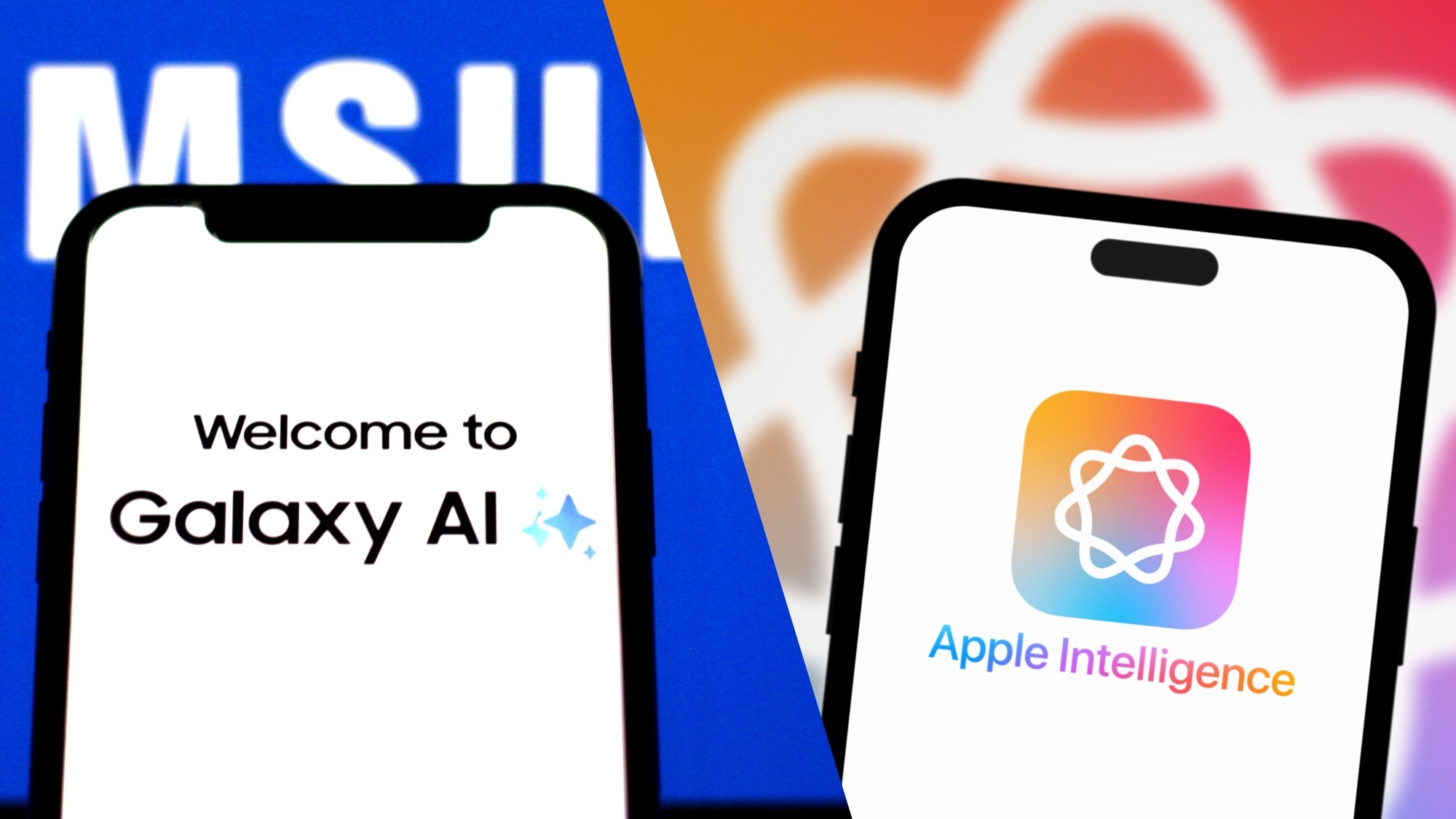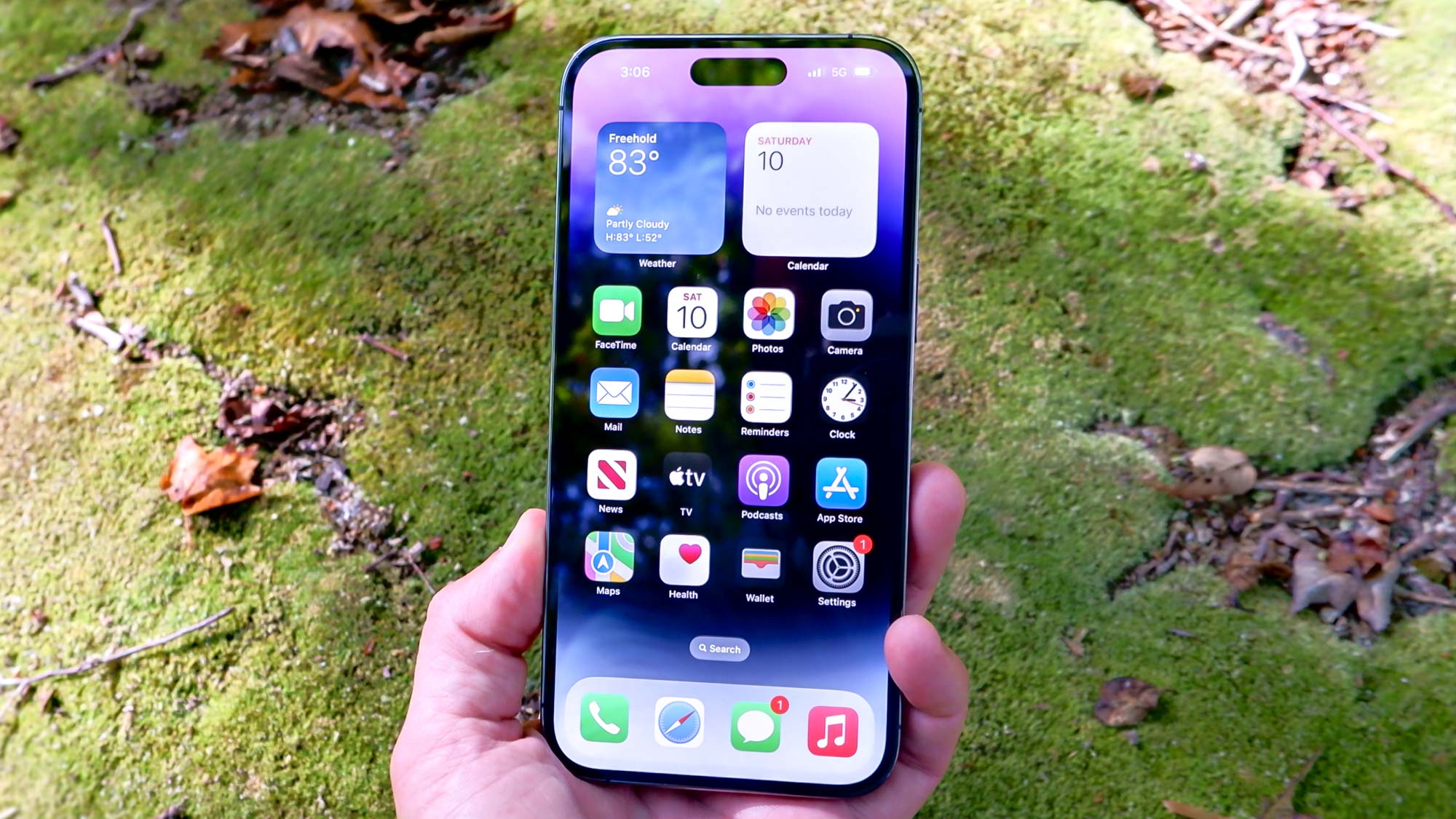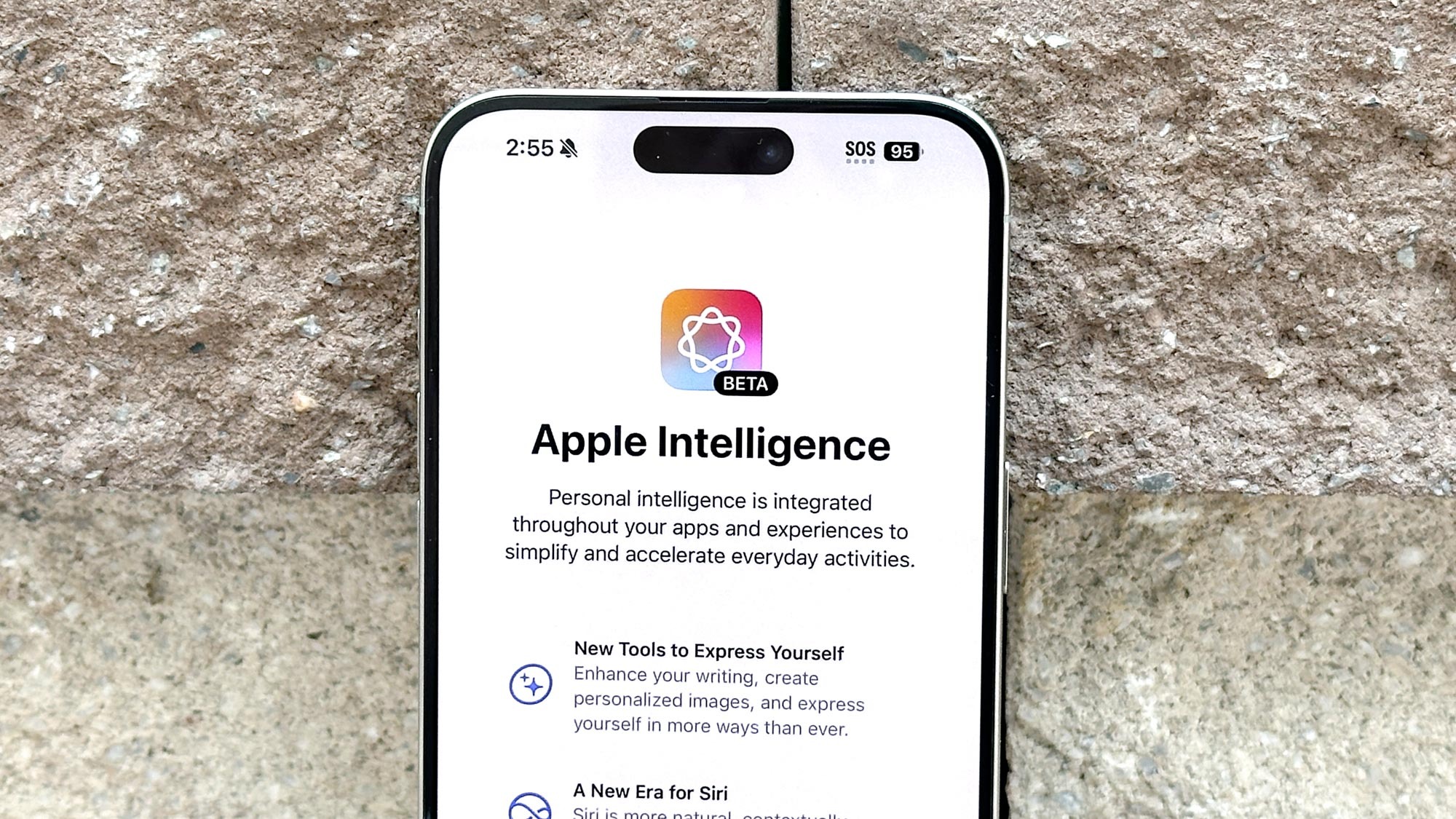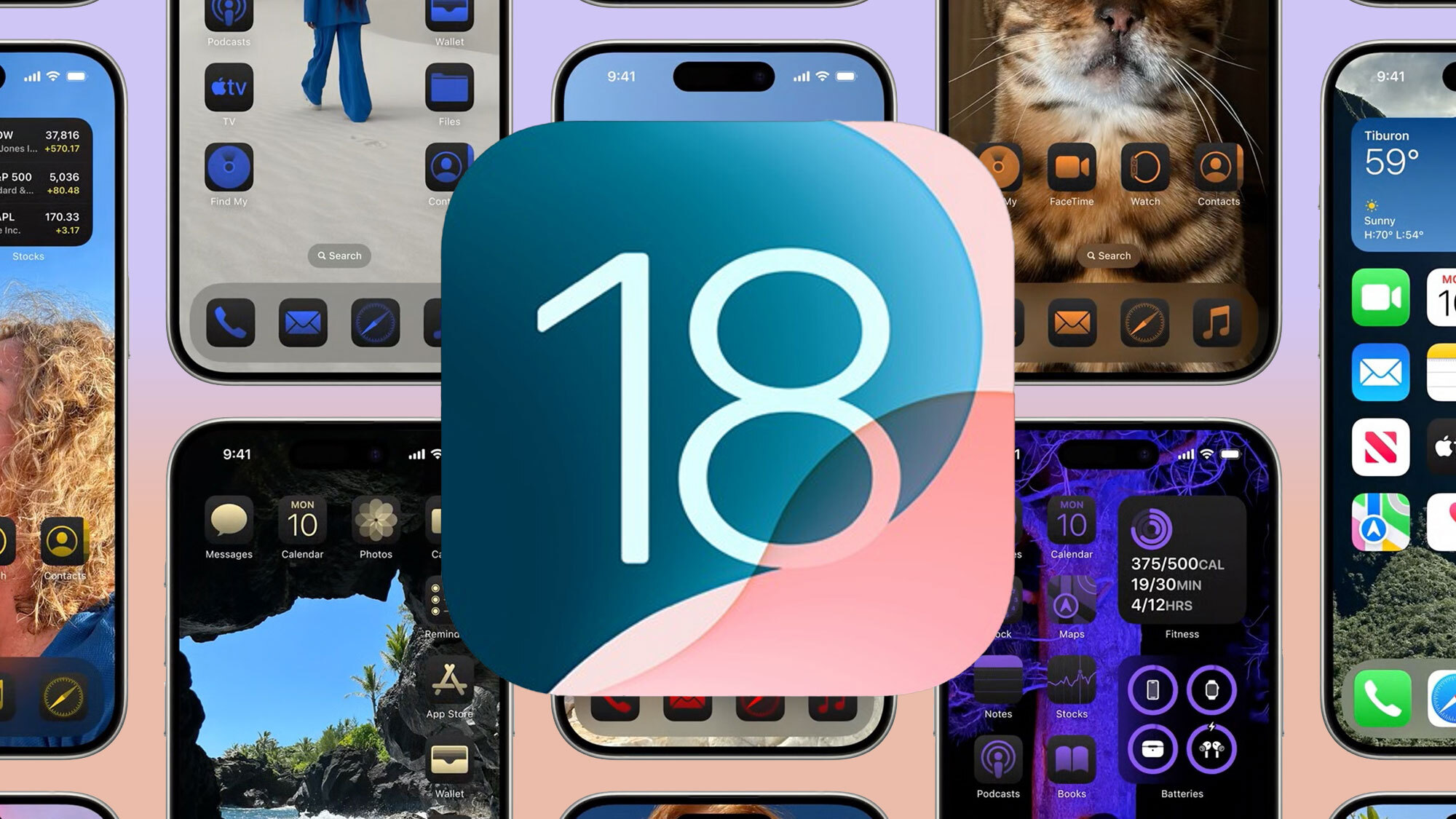Samsung is surging ahead of Apple on AI — here's why
Limited iPhone supports puts Apple at a disadvantage

Samsung may soon bring select Galaxy AI features to its more affordable Galaxy A35 and Galaxy A55 midrange phones. This is a fascinating possibility that would follow on the heels of AI features coming to older Samsung flagships after first debuting on the Galaxy S24 at the start of this year.
Samsung widening the number of phones that support its AI features presents quite a contrast to Apple and the limited availability of Apple Intelligence among iPhones. While the iPhone 16 models coming this fall will support the new AI capabilities, only the iPhone 15 Pro and iPhone 15 Pro Max among existing devices will be able to run those features. And that's how it's going to remain going forward.
And that raises the question as to whether Apple shot itself in the foot with its plans to introduce Apple Intelligence.
Personally, I think Samsung has done a much better job in marketing and delivering Galaxy AI to customers so far. You can't really make the same claim about Apple, and not because the initial features are only out in the iOS 18.1 developer beta at the moment. That's going to improve over time, but the number of iPhones capable of supporting Apple Intelligence will remain locked in place after the iPhone 16 launch.
Here's where I think Apple has gone wrong why Samsung has just done this whole AI thing better thus far.
Apple Intelligence is for the select few

Apple Intelligence got off to a less than auspicious start with the news during WWDC that the majority of iPhones would not be able to use Apple's AI. That's apparently down to the lack of RAM available on most devices. From what I understand, Apple Intelligence needs about 2GB of spare RAM to function, and that would use up a large chunk of the memory most iPhones offer. That suggests a lack of preparation on Apple's part when it comes to releasing phones with enough RAM to support future features.
In contrast, Samsung has slowly been increasing the amount of RAM in its devices, with most having at least 8GB to 12GB. For the longest time, this didn’t make all that much difference. Heck, for the most part iPhones have continuously finished in first in our fastest phones lists. But Samsung's decision to increase RAM seemingly has paid off in the long run, as it's easier to add Galaxy AI features to existing devices..
| Samsung Galaxy AI | Apple Intelligence |
| Galaxy S24 Ultra | iPhone 15 Pro |
| Galaxy S24/S24+ | iPhone 15 Pro Max |
| Galaxy Z Fold 6 | iPhone 16 series (Upcoming) |
| Galaxy Z Flip 6 | Row 4 - Cell 1 |
| Galaxy S23 Ultra | Row 5 - Cell 1 |
| Galaxy S23/S23 + | Row 6 - Cell 1 |
| Galaxy S23 FE | Row 7 - Cell 1 |
| Galaxy Z Fold 5 | Row 8 - Cell 1 |
| Galaxy Z Flip 5 | Row 9 - Cell 1 |
| Galaxy S22/S22+ | Row 10 - Cell 1 |
| Galaxy Z Flip 4 | Row 11 - Cell 1 |
Nobody likes upgrading for an unlaunched feature

There’s an argument to be made that people are reluctant to upgrade to a new device if it's for the promise of a feature coming later rather than one that's available now. I know this because I made the argument.
The approach means a phone maker expects people to pay for something — and pay a lot given the price of new phones — for something that may wind up not having much of a payoff when it finally does arrive on the device. With Apple Intelligence set to keep adding promised capabilities into 2025, that's essentially what Apple is asking people to do if they plan on upgrading just to have an AI-capable phone this fall.
I know that I like to test things before I spend a lot of money on them. It's why I bemoan the lost days of magazines giving demo disks for consoles. However, with Apple Intelligence, the testing opportunities are very limited — you can only try out the beta if you have one of the two compatible iPhone models. Otherwise, you're going in blind, and it's not a great option for a lot of people, especially as the differences between iPhones seem pretty minimal nowadays.

Meanwhile, Samsung’s decision to offer AI in some form or another on the majority of its recent flagships could be a better push to upgrade. Moving from a Galaxy S24 to a Galaxy S25 or Galaxy Z Fold 6 is a lot less intimidating when you know what to expect. For instance, if you have a Galaxy S23 then you can use some of the AI features, making upgrading less of a gamble because you know you like the features.
I do see a slight flaw in Samsung’s plan here — expanding which devices can run Galaxy AI reduces the need to upgrade to a newer model.This is especially prevalent in some of the new features for the more advanced phones as they tend to feel more gimmicky than useful. (I'm thinking of the Portrait Studio AI capability added to the Galaxy Z Fold 6 that can turn your photos into cartoons.)
Samsung’s plan is a more effective bug hunt

While AI is very impressive, there is no denying that it has bugs aplenty. For instance, it was recently unveiled that Apple Intelligence has decided to mark spam emails as a priority and is pushing them at the user. Most of these bugs will be found and reported in the current betas — especially with Apple Intelligence, which is still in the early testing stages. But there will always be more bugs to find, especially when you consider how many other apps and features smartphone-based AI has to interact with.
Finding these bugs can be a major issue if there's not enough people testing out the betas, which I fear is the case with Apple Intelligence and its limited number of compatible phones. Again, with Samsung placing the AI in more devices, there are more chances for any bugs that have slipped through the cracks to be spotted.
If there's a silver lining here, Apple is great at adapting and it's important to remember that Apple Intelligence isn't an iPhone-only addition. It's also included in upcoming versions of macOS Sequoia and iPadOS 18, with broader support among Macs and iPads. That will help matters somewhat.
Only time will tell which company has the best plan, and it will certainly be interesting to see which company truly wins the phone AI war. In the meantime, check out our best AI tools and devices of 2024 to find out who is playing the AI game right at the moment and what they can teach the big companies.
More from Tom's Guide
- What to expect from the Made by Google event — Pixel 9 phones, Pixel Watch 3 and more
- OnePlus Open Apex Edition gets the VIP treatment with a more premium design, AI features and more — here’s everything new
- iOS 18 finally lets you record videos with background music — here’s how to do it
Sign up to get the BEST of Tom's Guide direct to your inbox.
Get instant access to breaking news, the hottest reviews, great deals and helpful tips.

Josh is a staff writer for Tom's Guide and is based in the UK. He has worked for several publications but now works primarily on mobile phones. Outside of phones, he has a passion for video games, novels, and Warhammer.










